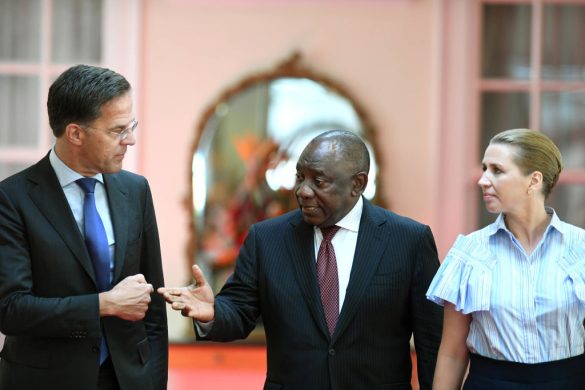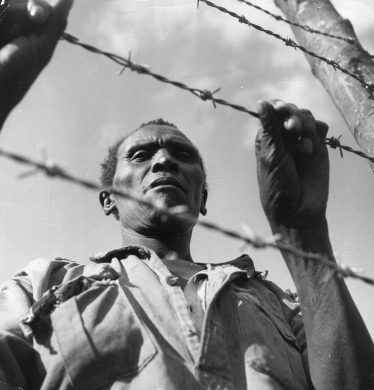Generelt hersker der et negativt syn på nomadestammerne, der opfattes som bremseklods for vækst og fremskridt, og som ofte udsættes for fordrivelser i det store østafrikanske land, konkluderer ny rapport fra Den Internationale Arbejdsgruppe for Indfødte Folk (IWGIA).
A survey conducted in ten districts of six regions of mainland Tanzania reveals deterioration of the situation of indigenous peoples and gross violations of their human rights, writes IWGIA Monday.
Evictions that take place with impunity (straffrihed) are among the most serious problems found. Reports of various enquiry commissions are apparently simply shelved by the responsible authorities.
The report points out, that despite the fact that pastoralism and agro-farming employ more than 80% of all Tanzanians and make important contribution to national economic development, a negative perception of pastoralism as a primitive mode of production to be replaced by a modern one still prevails and informs legal processes, policies and national development strategies.
As a consequence, dispossession (fratagelse) of indigenous peoples’ land and natural resources is driven by the creation of protected areas, and foreign and local investments in agribusiness and biofuel production.
There are no redress (godtgørelses) mechanisms in place and indigenous peoples receive no compensation from the violations and losses they suffer.
The report recommends that the government deploy the necessary remedies to pastoralists in the same way as it delivers to mainstream society and thus ensure that indigenous peoples enjoy their human and constitutional rights on an equal footing with all other citizens of Tanzania.
PAICODEO has since 2003 worked to promote the livelihoods of Maasai communities in ten districts of central and southern Tanzania.
Since 2010, IWGIA has supported PAICODEO with a project to build the capacity of local paralegals, who are trained in investigating, documenting and reporting on human rights violations and in using this documentation to lobby the responsible authorities, issue urgent alerts and contact the press.
The current report is an output from this project, and will be used for calling of the Parliament, government and press to the many violations, which are taking place and pressurizing for action to be taken.














